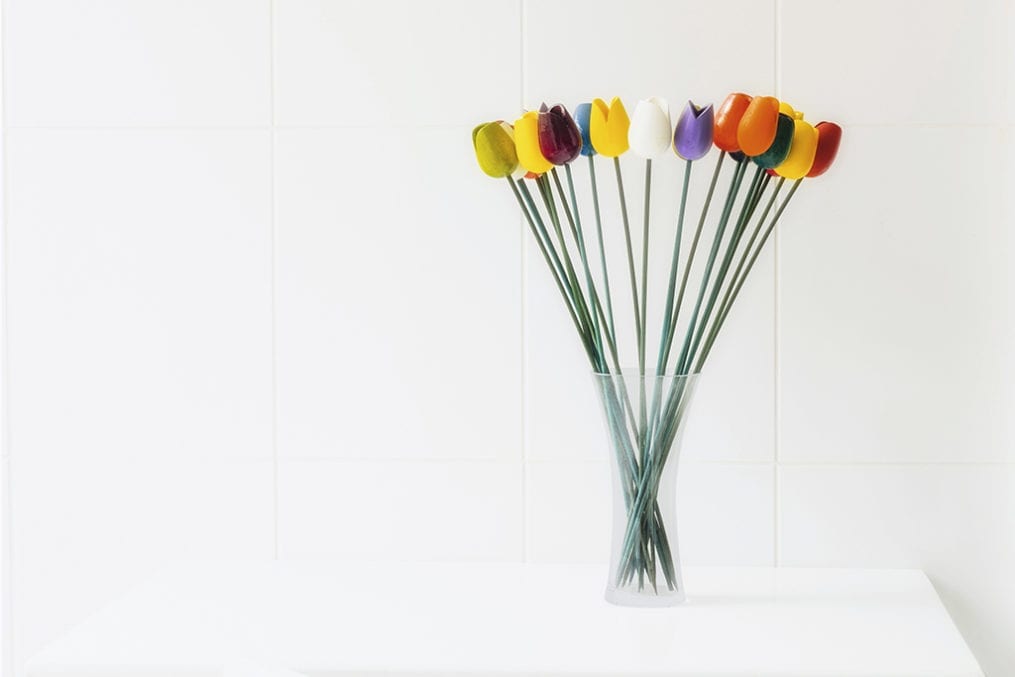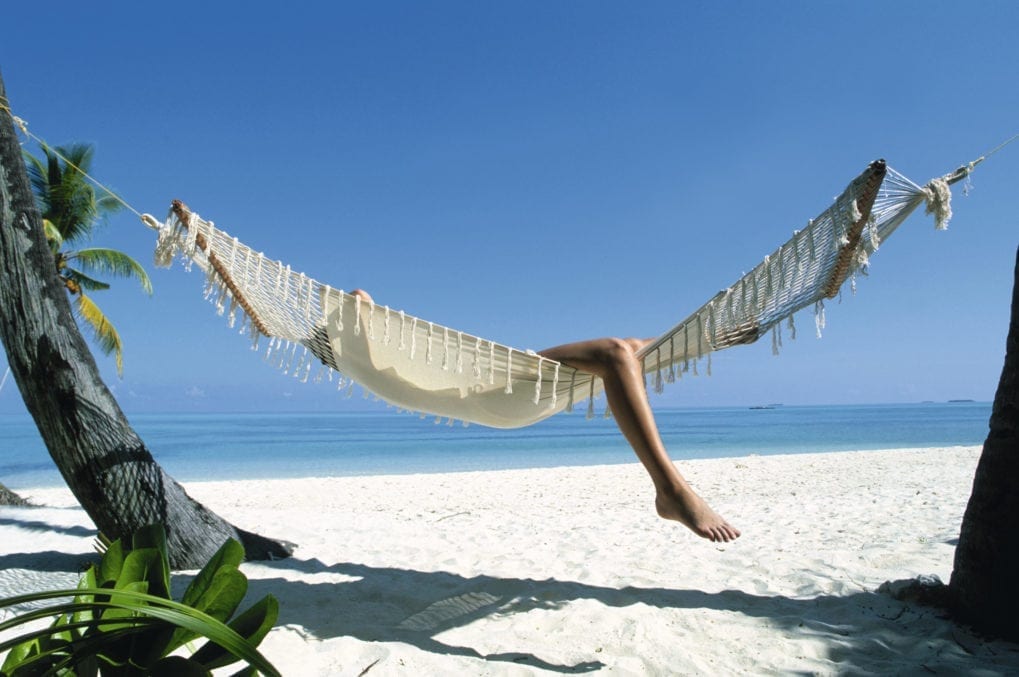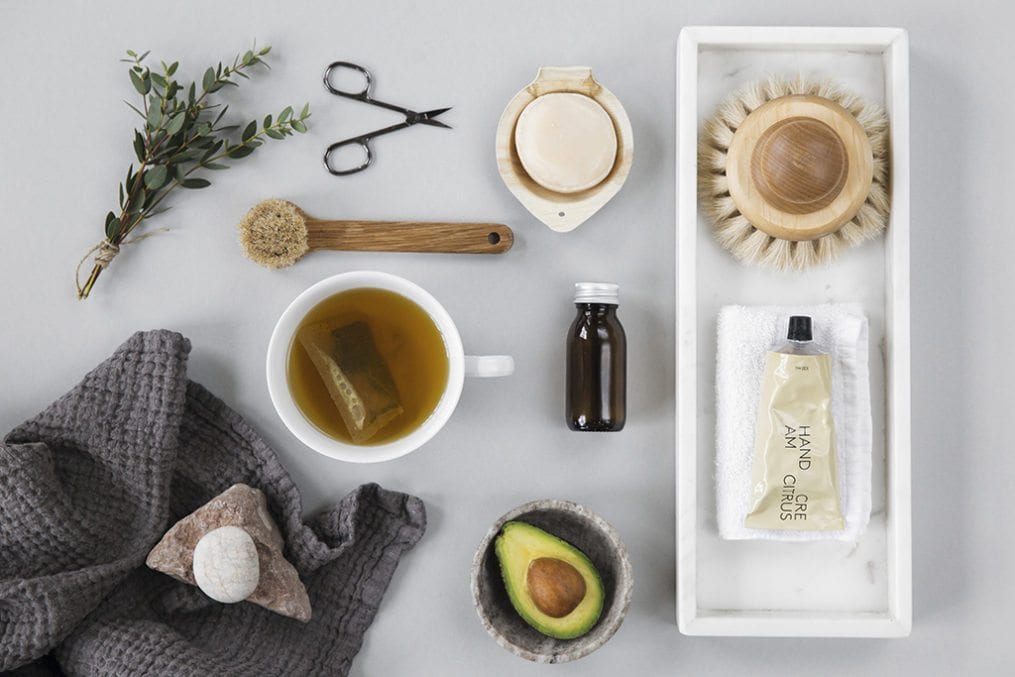Hygge, and 6 more ways to get Scandi-happy
 We’re hearing a lot about hygge – pronounced ‘hoo-gah’ – at the moment, a concept defined by Visit Denmark as ‘creating a warm atmosphere and enjoying the good things in life with good people’. It isn’t just a Danish phenomenon, however – the word hygge derives from a Norwegian word meaning ‘well-being’, and there are equivalents in other Scandinavian cultures too.
We’re hearing a lot about hygge – pronounced ‘hoo-gah’ – at the moment, a concept defined by Visit Denmark as ‘creating a warm atmosphere and enjoying the good things in life with good people’. It isn’t just a Danish phenomenon, however – the word hygge derives from a Norwegian word meaning ‘well-being’, and there are equivalents in other Scandinavian cultures too.
The popularity of hygge coincides with the coming of winter – which Scandinavians, who have even gloomier weather than us, seem to cope with much better. For example, the five Scandinavian nations (Sweden, Denmark, Finland, Norway and Iceland) rank among the UN’s top-10 happiest countries, while the UK only manages to come in at number 22. So just what is going on?
‘The consistently high levels of happiness reported reflect that the Nordic nations are prosperous, safe and democratic – but also that they have high trust levels, a good work/life balance and an engaged society,’ says Mark Williamson, director of charity Action for Happiness.
Dr David Hamilton, author of Why Kindness Is Good For You (Hay House, £10.99), agrees. ‘I’ve taught in Sweden and Finland, and noticed that the people are trusting, kind, and value friendship,’ he says. ‘There’s definitely something in their way of being that naturally promotes happiness.’
Watch: Dr. David Hamilton’s TED talk ‘Why Kindness is Good for You’Get a little bit of Scandi-style satisfaction by following these three simple principles:
Work to live
The Nordic languages all contain some derivative of one word: arbejdsglæde (pronounced ‘ah-bites-gleh-the’). It means ‘happiness at work’, and tellingly, there’s no equivalent in the English language. ‘Scandinavians have a great work/life balance,’ explains Craig Jackson, head of psychology at Birmingham City University. ‘They’re more collaborative; managers work closely with their teams to build healthy work routines.’
The Danes and Norweigans work an average 200 hours fewer a year than us, and the Danes also generally refuse to have breakfast meetings or evening engagements – they value their spare time too highly. ‘They don’t celebrate overwork as a sign of commitment,’ explains author Alexander Kjerulf, who runs workshops on how to be happier at work.
‘Instead, they work smarter, not harder.’
Work not exactly top of your 2015 wellbeing wish list? Time for a rethink: remember, outside of sleeping, work is often the biggest single occupier of your time. And be mindful of how much time you are spending working – which is often not so clear-cut in these days of being constantly switched on.
‘Unpaid overtime takes many forms,’ says Jackson. ‘Early starts, late finishes, not enough days off… companies are relying on workers’ worries and concerns about not being switched-on enough, which can leave them more prone to poor judgment, slow thinking and experiencing anxiety.’
The Scandi solution

Copy the Swedes and swap lone runs to the nearest coffee chain for their legally sanctioned ‘fika’ break: 15 minutes where your team can sit, enjoy a proper pot of coffee and some homemade baking (extra authenticity points if it’s cinnamon buns).
Read more: How to bake without refined sugar‘According to Swedish employment law, we do fika in our office twice a day,’ says Emelie Persson, a publicist from Gothenburg. ‘Sometimes we talk about work, other times it’s private stuff, but it’s always very casual and definitely makes us stronger as a team.’
Photography: marieelisabethsrum@blogspot.com | Pinterest
Pitch in
The strong sense of trust, community and high levels of civic participation shared by Scandinavian countries play a big part in why so many people are happy with their lot. If we feel safe, part of something fulfilling and well looked after, we’re more likely to be content.
According to the Organisation for Economic Co-operation and Development (OECD) Better Life Index, 93 per cent of Norwegians, ‘believe they know someone they could rely on in time of need’ and a huge 85 per cent of Swedes voted in their recent elections to make sure they had their say. The Danes, Swedes and Finns volunteer more than any other nations in Europe – which experts believe to be a determining factor of their life satisfaction.
‘Countries with higher levels of volunteering and civic participation tend to be happier, and it also helps to restore some of the social trust that we’ve seen eroded in recent decades,’ says Williamson. This gives a feelgood boost that activates the pleasure centre in the brain – an effect sometimes called a ‘helper’s high’.
The Scandi solution

Volunteer for a charity or plan a springtime street party. Short on time? Small acts of kindness can make a big difference. ‘Introduce yourself to three people who live nearby you don’t know, offer to help neighbours and make an effort to smile and say hello,’ says Williamson. ‘You’ll be surprised how easy it is to create a positive and friendly feeling in your neighbourhood.’
Photography: Souvenir & Co | Pinterest
#JustMoveMore
Scandinavia conjures up images of fitness, vitality and hearty outdoorsy-ness, whether it’s Nordic walkers among pine trees or swimmers in the fjords. ‘Incidental exercise’, anything that gets you fit on-the-go, is a big part of life. Half of Copenhagen’s residents bike to work or school and people in Finland, Norway, Sweden and Iceland enjoy the constitutional right to walk, cycle, ride, ski, or camp on any land.
Read more: Turn your walk into a fat-burning workout
‘Being outdoors is part of growing up in Sweden,’ says Persson. ‘All that fresh air helps keep us happy.’ In fact, researchers at the University of Exeter found prolonged exposure to green spaces helped us feel less stressed.
And, before you let the rain keep you indoors, remember this: ‘My mother always said, “There’s no such thing as bad weather, only bad clothes”,’ says trainer and fitness blogger Faya Nilsson AKA Fitness on Toast. ‘Buy a good hat, thick socks, a pair of winter tread trainers and some waterproof gloves.’
The Scandi solution

Invest in a bicycle or just a decent pair of trainers (we love these super-cushioned Gel-Kayano 21 kicks, £145 from Asics) to keep your body fit and head clear. For feelgood fitness sign up to The Good Gym and burn calories by visiting isolated lonely people locally (the idea being you run to each household) or build strength by shifting stones or compost at community projects. Alternatively, discover the great British countryside with the iFootpath app, which even factors in the essential pub stop.
Photography: Ageoldtree.blogspot.co.uk | Pinterest
It’s Happiness Week 2015 so we’re talking about all the things that make us smile. Join in @healthymag or join in the conversation on our Facebook page.











